Mozambique: Two dead in traffic accident on the N4
Mozambique: The risks of the “marriage of convenience” between insurgents and the Islamic State
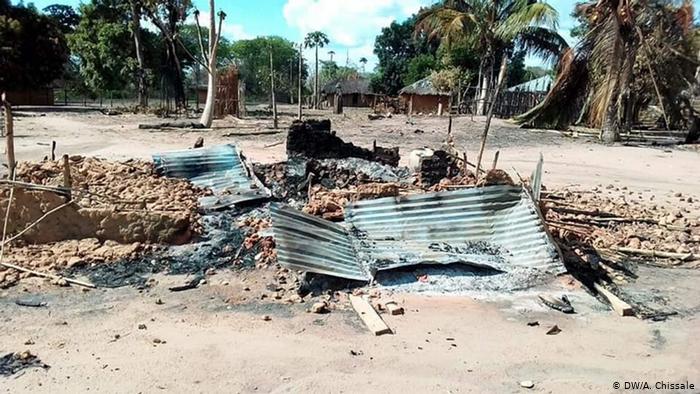
FILE-Naúnde, Cabo Delgado, after an attack by the insurgents in August 2018. [File photo: (DW /A. Chissale]
“Often the relationship is more of a type of marketing, to strengthen the image of African groups. It suffices to say that they are part of the IS, and that already draws more attention and causes more fear among people,” senior associate at the CSIS Africa Programme Emilia Columbo says.
There is no longer any doubt for several experts that the origins of the insurgency in northern Mozambique are endogenous, although it is developing its exogenous strand. But Emília Columbo, a researcher at the Centre for International Strategic Studies (CSIS) in the USA, warns of the risk of giving too much focus to this external aspect and neglecting the more important reasons for internal discontent. We interviewed the researcher about the situation in Mozambique’s northern Cabo Delgado province.
DW Africa: In your article, you say that the Mozambican government had made strategic mistakes in relation to the insurgents in Cabo Delgado. Can you outline these out for us?
Emília Columbo (EC): It seems to me that the biggest strategic mistake it has made is to rely on the Defence and Security Forces (FDS) to fight the insurgency. This is not a situation that can be solved just by using the FDS. Academic insurgency studies since World War II indicate that the governments most successful against insurgencies use strategies that include military operations, but also economic and social programmes to alleviate the insurgency’s causes.
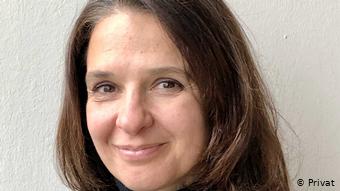
DW Africa: You also claim in the same article that the insurgents have shown increased sophistication, planning and confidence, as well as switching to strikeing government structures and attracting civilian support. Is this an unmistakable sign that the insurgents were effectively serving IS?
EC: I wouldn’t say they are serving IS, but yes, there is a relationship between the two. The videos and photos that the insurgents have been publishing since March are the strongest evidence of this new relationship between the group in Mozambique and the international IS network.
DW Africa: Some people understand that the origins of discontent are endogenous, but due to the need for funding, insurgents have joined ISIS, thus also assuming an exogenous character. Do you think this is a “marriage of convenience “?
EC: Yes, but not for financial reasons. Looking at the armed African extremist groups that are part of this ISIS international network, the relationship is often more like a type of marketing, a way of strengthening the image of African groups. It suffices to say it, and that already draws more attention. It can also cause more fear among the people. And I think that’s the situation in Mozambique now, too.
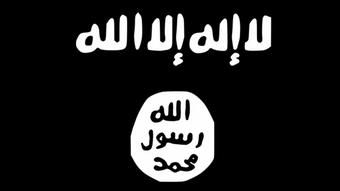
DW Africa: Do you think, then, that the origin of this conflict is endogenous, based on internal discontent?
EC: Yes, absolutely. And a danger of this relationship with IS is that these domestic reasons will be lost sight of, and the focus will be more on this relationship with the international network and on the violence. The reasons for the insurgency in the first place will be lost. It is a concern now that we have another aspect to consider.
DW Africa: You understand that the government has been inconsistent in its response. President Filipe Nyusi declared the insurgents as a potential threat to national sovereignty, while Defence Minister Jaime Neto said the security services had the situation under control. Does this result from lack of coordination or from unsuccessful attempts to deal with the situation?
EC: This is a somewhat difficult question to answer. It seems to me that it is a lack of coordination, but it is also an indication that, in the government, not everyone is yet in agreement on this problem. And it seems to me that this is the first step: to define what the problem is and then they can start to develop a strategy, but while we see members of the government and the FDS talking about different reasons for this insurgency, different statutes, whether everything is going well or going wrong, it’s hard to understand how they’ll respond. This way, people will start losing confidence in the government. I think it is very important that the government develop a coherent message and that everyone supports it and publishes it in a way that encourages people’s faith that the government has this in hand.
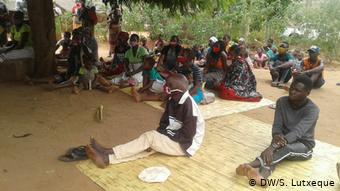
DW Africa: And how do you see the government’s efforts to fight the insurgency in the context of the Covid-19 pandemic?
EC: It is important to have a strategy for security, but also for the insurgency’s social, economic and political roots. We see the government, even during this situation, very focused on military issues, and while these operations help to protect the citizens of Cabo Delgado, it helps to improve security in the province, very well. But at the same time, the government has an opportunity to demonstrate and improve its presence in the province by offering the people more medical assistance, more education programmes and economic and food support for those who are suffering the most from these economic stoppages. It is a great opportunity to start creating that confidence that is missing from the strategy.



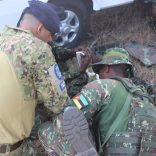
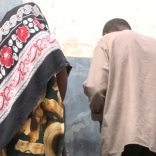
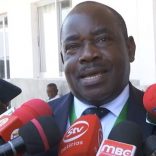







Leave a Reply
Be the First to Comment!
You must be logged in to post a comment.
You must be logged in to post a comment.